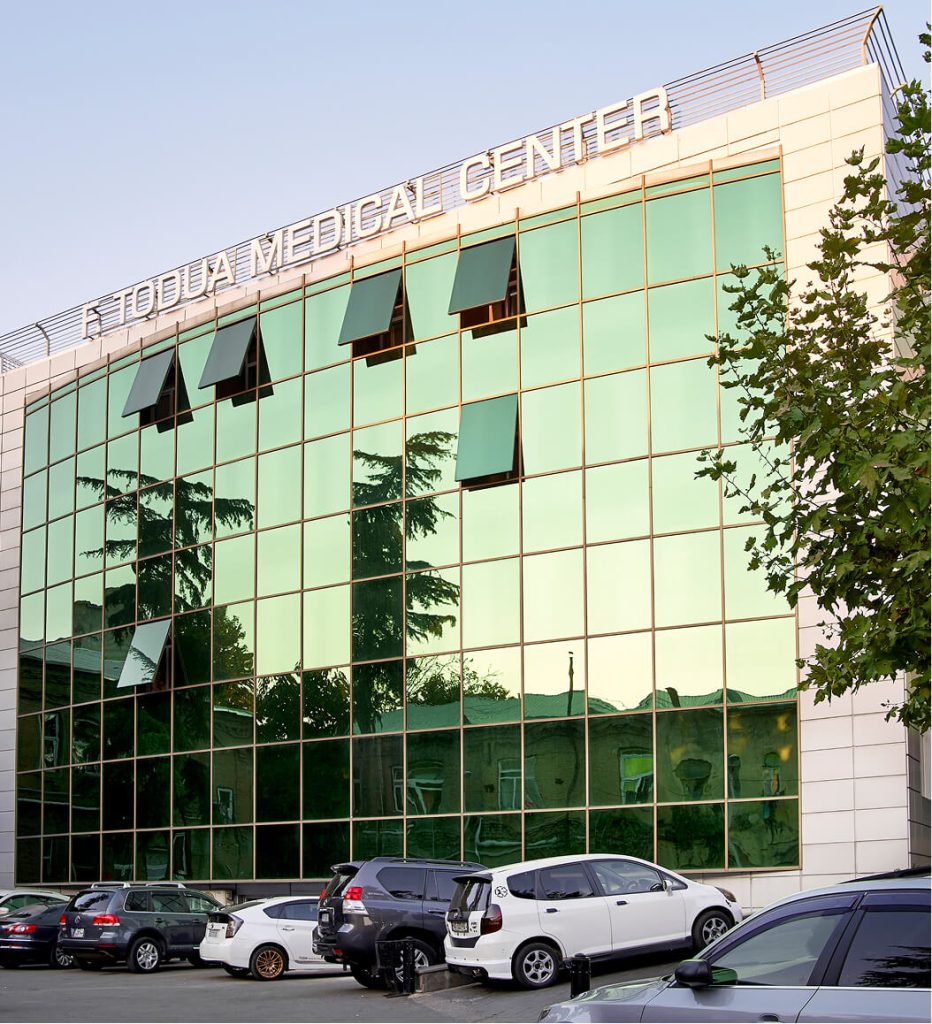
Plan Cancer Registry II
Strengthening Data Quality and Completeness of the Tbilisi Cancer Registry

The Tbilisi needs assessment identified significant issues with the country’s population-based cancer registry, introduced in 2015. Data quality was notably limited, due to suboptimal data completion as well as a lack of unified patient consent and information. Given the key role played by cancer registries in improving the care provided to cancer patients and the resources that are used in diagnosis and treatment, this is a significant deficiency.
The project will develop policy recommendations for the harmonisation of high-quality data collection from the various medical facilities across Tbilisi. The objective of this project is to improve the coverage and completeness of cancer information for better use in public health surveillance, planning, evaluation and resource allocation.
An interdisciplinary technical working group was created to develop policy recommendation documents for the harmonisation of data collection from the various cancer care centres across the city. These recommendations were resource-stratified, based on the best available evidence and developed in consultation with international experts.
The new, well-structured, systematic approach to improving data quality has been presented to city stakeholders and the relevant authorities for approval and dissemination. This approach, along with improved monitoring and evaluation of the cancer registry, will lead to quality improvements and policy changes for cancer care services across the city.
This website uses its own and third-party cookies to improve the browsing experience. Read the Cookies Policy.